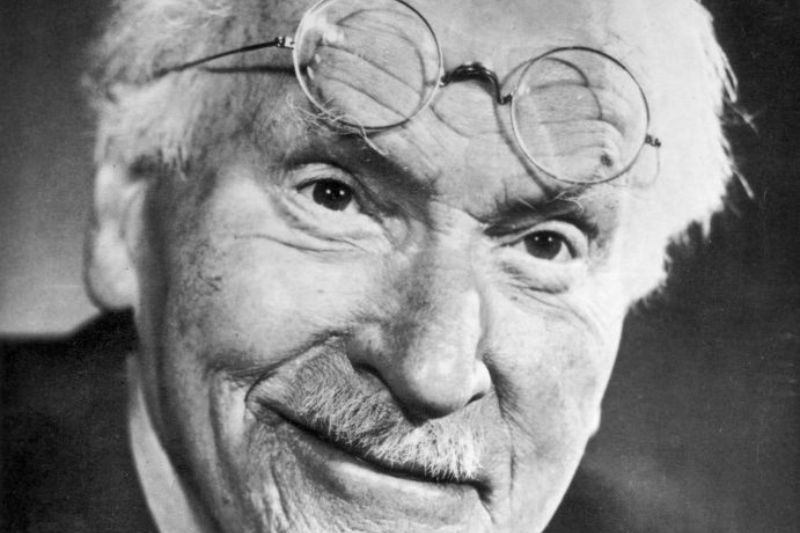Almost a quarter of a century ago, friends of mine whom I love and respect lost a child to an incurable disease. Grief and deep pain followed as they struggled to make sense of their personal tragedy. I was prompted to remember Steph the other day — her infectious laugh, her sartorial excellence, and the care and flair with which she painted visitors' fingernails and toenails (my digits have never looked better than under Steph's ministrations).
She was a beautiful, lively and gifted child. If my wife and I watch our wedding DVD for old time's sake, Steph shines out at us from the pews. Her parents survived the torment of loss that would have driven many people apart.

One source of comfort and inspiration for them at that time was the writings of a man largely forgotten by our times: Swiss psychiatrist, psychoanalyst, mystic and seeker after truth, Carl Jung. By association, seeing the impact on my friends, I also turned to some of Jung's writings. Firstly I noticed there was an acknowledgement of the presence and inevitability of our pain, and more significantly our friends' pain.
Bereavement, Jung wrote, is 'experienced as defeat and failure. Needless to say, one rarely chooses such an experience. It is usually imposed by life, either from within or from without.
' A mystic's mystic, Jung cited the alchemists of old in the belief that 'no new life can arise...
without the death of the old. They liken the art to the work of the sower, who buries the grain in the earth: it d.
















